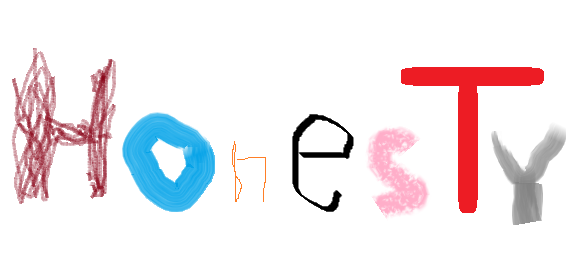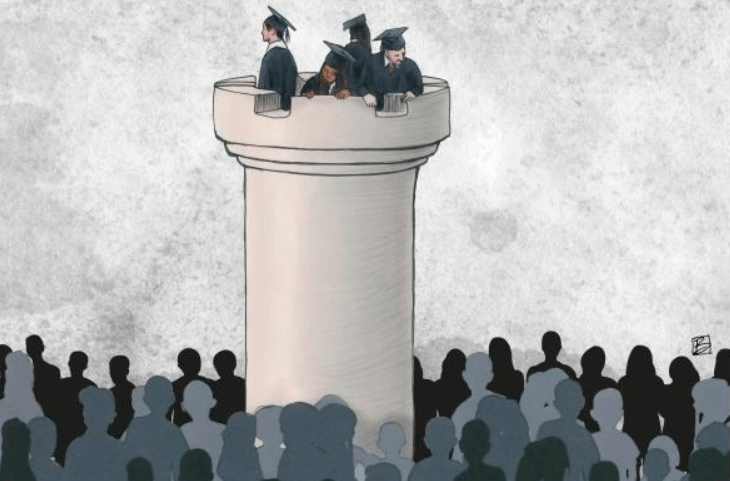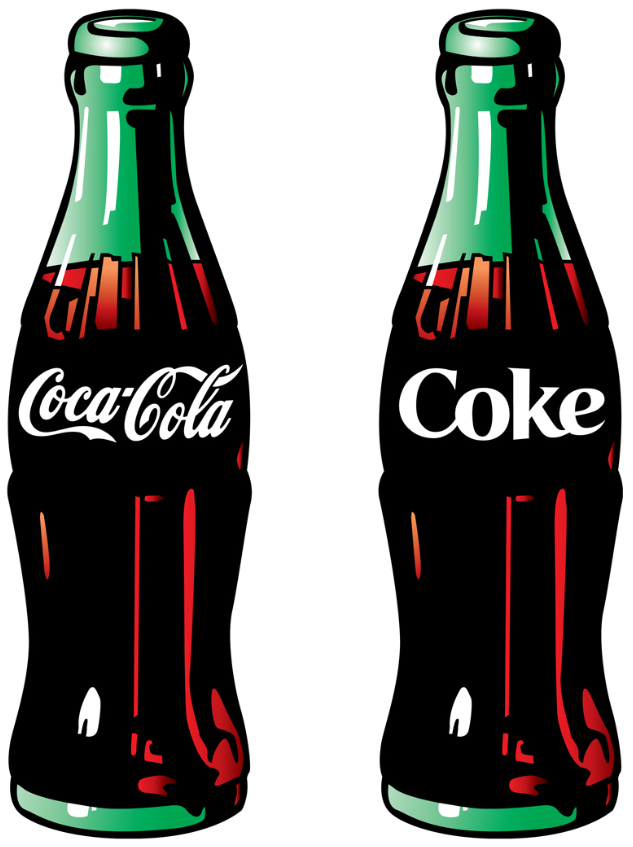TIME TO CHANGE DRIVERS
Daniel H. Pink wrote a fascinating book, A Whole New Mind: Moving from the Information Age to the Conceptual Age (New York: Riverhead Books, 2005). I have found the work to be extremely relevant to so much of what is happening in our society today. Beginning yesterday, I am devoting my blog posts to discussing many of Pink’s key ideas and my perspectives on how they may relate to you and me daily. In discussing left-brain thinking versus right-brain thinking, Pink explains the legitimacy of both. He further clarifies that our society has elevated left-brain thinking at the expense of right-brain thinking, but the pendulum is about to swing in the opposite direction:
“ Of course, we need both approaches in order to craft fulfilling lives and build productive, just societies. But the mere fact that I feel obliged to underscore that obvious point is perhaps further indication of how much we’ve been in the thrall of reductionist, binary thinking. Despite those who have deified the right brain beyond all scientific evidence, there remains a strong tilt toward the left. Our broader culture tends to prize L-Directed Thinking [left-brain thinking] more highly than its counterpart, taking this approach more seriously and viewing the alternative as useful but secondary. But this is changing—and it will dramatically reshape our lives. Left-brain-style thinking used to be the driver and right-brain-style thinking the passenger. Now, R-Directed Thinking is suddenly grabbing the wheel, stepping on the gas, and determining where we’re going and how we’ll get there. ” (p. 27)
Pink is right. We do need both types of thinking to achieve balance in our world. Nevertheless, for too long we have sanctified the empirical at the expense of the sensing and the feeling. While not in any way degrading or minimizing the empirical, we absolutely must restore the sensing and the feeling to its rightful place. This means in our personal lives, our professional lives, our business lives, and our institutional lives.
As I reflect upon my life, which originally began very heavily immersed in the scientific community, I recall that I absolutely loved being around likeminded people. Unfortunately for me, this congregating sometimes occurred at the expense of broadening and deepening my knowledge from some other right-brained perspectives. Slowly, I began to realize that some of my greatest intellectual insights and personal and professional growth moments happened when engaged with a right-brained thinker.
In a similar manner, Pink is urging us to embrace equally both sides of the human brain. We need to embrace fully the left-brain approach to knowledge and we need to embrace fully the right-brain approach to knowledge. Only in so doing will we maximize our communal knowledge.
Pink takes this a step further by correctly affirming the right-brain thinking has some overdue exposure coming. If we miss that opportunity, then we will all suffer. Moreover, not only is all that true, claims Pink, but he further asserts given our current position in knowledge evolution, we absolutely must embrace this future.
I buy into Pink’s argument. Not only do I buy into it, I find it assures me of a marvelously exciting future because I am one who is willing to make the needed transitions. How about you?










